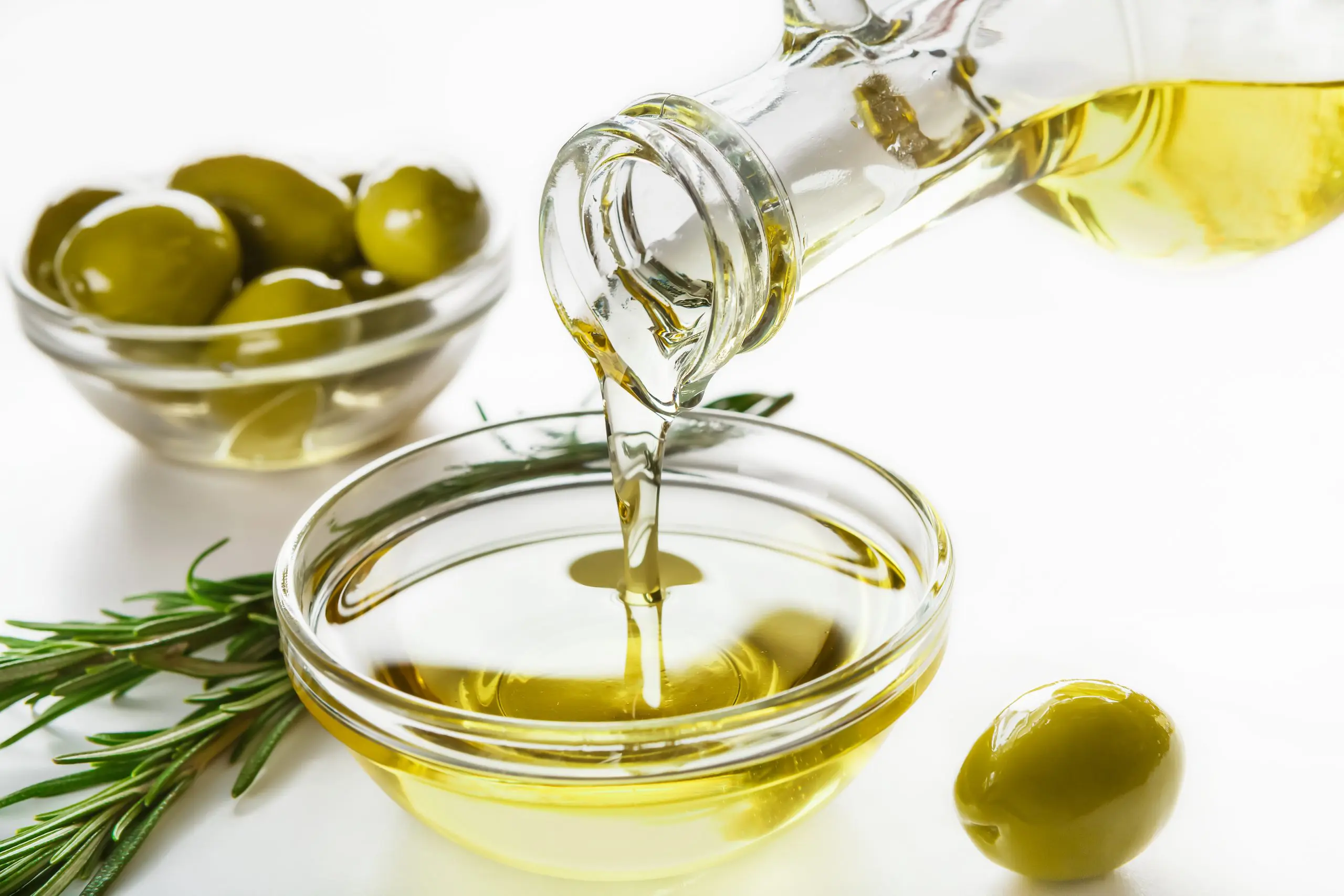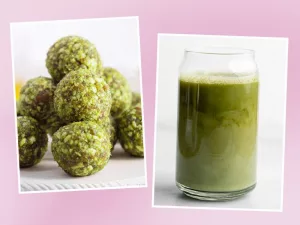Olive oil may provide a variety of health advantages, including antioxidants, heart-healthy fats, and anti-inflammatory effects, among other benefits.
The role of dietary fat in health remains debated.
Nonetheless, many experts agree that olive oil — particularly extra virgin — is a beneficial choice.
Below are 11 health benefits of olive oil backed by scientific research.

1. Olive oil is high in beneficial monounsaturated fats
Olive oil is the natural oil pressed from olives, the fruit of the olive tree.
Approximately a small portion of the oil is saturated fat, while around 10.5% is polyunsaturated fats such as omega-6 and omega-3.
But the dominant fatty acid in olive oil is oleic acid, a monounsaturated fat that represents about 71% of the total fat content.
Studies indicate that oleic acid may reduce inflammation and oxidative stress, and could even have favorable effects on genes linked to cancer.
Monounsaturated fats are also fairly stable at higher temperatures, making extra virgin olive oil a sensible option for cooking.
2. Olive oil is loaded with antioxidants
Extra virgin olive oil contains modest amounts of vitamins.
For instance, 1 tablespoon provides a portion of the Daily Value (DV) for vitamin E and about 7% of the DV for vitamin K.
More importantly, olive oil is rich in potent antioxidants that are bioactive. These compounds may help lower your risk of chronic conditions affecting the cardiovascular and nervous systems.
Antioxidants also help reduce inflammation and protect blood cholesterol from oxidative damage — two mechanisms that could decrease heart disease risk.
3. Olive oil exhibits strong anti-inflammatory effects
Chronic inflammation is believed to drive many diseases, including:
- cancer
- heart disease
- metabolic syndrome
- type 2 diabetes
- Alzheimer’s disease
- arthritis
- obesity
Extra virgin olive oil may help lower inflammation, which could be a central reason for its healthful effects.
The primary anti-inflammatory actions are mediated by antioxidants. One notable compound is oleocanthal, which has been shown to act similarly to ibuprofen, a common nonsteroidal anti-inflammatory medicine.
Research also suggests that oleic acid, the chief fatty acid in olive oil, can decrease levels of certain inflammatory markers, such as C-reactive protein (CRP).
4. Olive oil might lower stroke risk
A stroke occurs when blood flow to the brain is interrupted, either by a clot or bleeding.
Worldwide, it ranks among the top causes of death.
The connection between olive oil and stroke risk has been widely examined, but findings vary.
For example, a review of studies involving 841,000 people found that olive oil was the only source of monounsaturated fat linked with reduced stroke and heart disease risk.
However, another analysis found no significant association between olive oil intake and stroke risk.
If you’re concerned about stroke risk, consult a healthcare provider who can suggest dietary and lifestyle adjustments tailored to you.
5. Olive oil protects the heart
Heart disease is the leading cause of death globally.
Observational studies conducted in Mediterranean regions showed lower rates of heart disease.
This observation spurred research into the Mediterranean diet, which has since been linked to significantly reduced heart disease risk.
Extra virgin olive oil is a cornerstone of this dietary pattern, though research on its direct effects for heart disease has mixed results.
For instance, some reviews suggest it may help lower inflammation and raise HDL (the “good”) cholesterol. They also note it might modestly reduce other blood lipids, though perhaps less than some other plant oils.
Conversely, other analyses reported that each additional 10 grams of daily olive oil had minimal impact on blood lipid levels.
Olive oil has also been associated with modest reductions in blood pressure, a major risk factor for cardiovascular disease and premature death.
If you have heart disease, a family history of it, or other risk factors, including extra virgin olive oil in your diet might be worth discussing with your clinician.
6. Olive oil isn’t linked to weight gain or obesity
Consuming excess calories can cause weight gain, and fats are calorie-dense.
However, multiple studies have tied the Mediterranean diet, which is rich in olive oil, to favorable body weight outcomes.
A review also found that diets higher in olive oil encouraged more weight loss than diets low in olive oil.
That said, eating too much of any food can lead to weight gain, and olive oil is no exception.
If you’re unsure about how much olive oil is appropriate for you, consult a registered dietitian for personalized guidance.
7. Olive oil may help protect against Alzheimer’s disease
Alzheimer’s disease is one of the most common neurodegenerative disorders worldwide.
A hallmark is the accumulation of abnormal protein aggregates inside brain cells, which can contribute to cognitive decline and memory loss.
A review found that olive oil might lower the risk of developing Alzheimer’s disease and cognitive impairment by reducing beta-amyloid plaques, neuroinflammation, and oxidative stress.
Keep in mind that further research is necessary to fully clarify olive oil’s effects on Alzheimer’s disease.
8. Olive oil may reduce the risk of type 2 diabetes
Olive oil may play a protective role against type 2 diabetes.
A 2019 trial reported that individuals with prediabetes who consumed 55 mL of oleanolic acid-enriched olive oil daily were less likely to progress to diabetes than those in the control group.
Other research also found that olive oil supplementation helped lower blood sugar levels and fasting plasma glucose in people with type 2 diabetes.
9. Antioxidants in olive oil may have anticancer effects
Cancer remains one of the leading causes of death globally.
Populations in Mediterranean regions tend to have a lower risk of certain cancers, and many experts think the Mediterranean diet — which features olive oil — could contribute to that difference.
A large 2022 meta-analysis found that people consuming the most olive oil were less likely to develop cancer.
This benefit may stem from olive oil’s antioxidants, which can limit oxidative damage from free radicals, a known contributor to cancer development.
Despite promising findings, more research is needed to determine olive oil’s exact role in cancer prevention.
10. Olive oil may aid treatment of rheumatoid arthritis
Rheumatoid arthritis is an autoimmune disorder characterized by painful, deformed joints.
Although its precise cause is unclear, it involves the immune system mistakenly attacking healthy tissue.
A review found that olive oil consumption was associated with lower inflammatory markers and reduced disease severity in people with rheumatoid arthritis, especially among those with more active disease.
Researchers also observed declines in CRP levels, which may influence inflammation and disease progression.
However, evidence is still limited, and healthcare providers may recommend additional natural or medical treatments as part of a comprehensive plan.
11. Olive oil shows antibacterial activity
Olive oil contains compounds that may suppress or kill certain harmful bacteria.
One of these bacteria is Helicobacter pylori (H. pylori), which inhabits the stomach and can contribute to ulcers and stomach cancer.
Some studies found that extra virgin olive oil may help combat specific strains of H. pylori.
That said, more human research is necessary to confirm olive oil’s role in fighting infections, and there are better-established treatments for H. pylori.
Choose extra virgin olive oil when possible
Selecting extra virgin olive oil may deliver more health advantages than refined olive oil.
Extra virgin olive oil preserves many antioxidants and bioactive compounds from the fruit, whereas refined olive oils lose a substantial portion of these nutrients.
Carefully read labels and ingredient lists, as some products labeled “extra virgin” may be blended with refined oils.
Look for certification such as the seal from the North American Olive Oil Association.
Frequently asked questions
Is a spoonful of olive oil a day good for you?
Research indicates that consuming as little as a spoonful of olive oil daily may help lower the risk of cardiovascular disease and related conditions.
What are the benefits of olive oil?
Olive oil supplies healthy fats, antioxidants, and anti-inflammatory compounds that could help prevent or mitigate chronic diseases.
How much olive oil should you consume daily?
There’s no strict daily recommendation, but taking at least a small daily amount is associated with reduced risk for some chronic illnesses.
Takeaway
High-quality extra virgin olive oil is very healthful.
Thanks to its potent antioxidants and beneficial fats, it supports heart, brain, joint, and overall health.

























Leave a Reply
You must be logged in to post a comment.